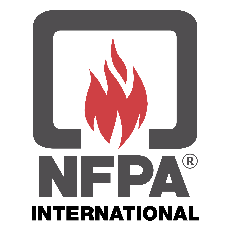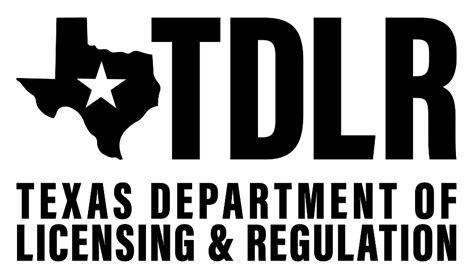Codes & Standards
Commercial construction projects are reviewed and inspected for compliance with the International Building Code (IBC), Building Technical Codes and the university's Design and Construction Standards.
The Inspection and Plan Review team is responsible for ensuring new construction meets applicable codes and regulations. This involves field inspection for work in progress to ensure adherence with approved plans and codes. New construction is typically checked multiple times during various phases of construction to confirm that construction proceeds according to code.
Internal inspections and plan review check the durability, safety, increased cost-efficiency and quality of construction according to code.
Applicable Codes and Standards
Below are codes and standards we follow during our inspections. This list is not intended to be comprehensive. Not all codes and standards apply to every project.
The following can be found on the International Code Council website.
- International Building Code (IBC)
- International Plumbing Code (IPC)
- International Mechanical Code (IMC)
- International Electrical Code (IEC)
- International Fuel Gas Code (IFGC)
- International Existing Building Code (IEBC)
- International Fire Code (IFC)
- International Energy Conservation Code (IECC)
The following can be found on the National Fire Protection Association website.
- NFPA 1 Fire Code*
- NFPA Life Safety Code 101*
- NFPA 13 Standard for the Installation of Fire Sprinklers
- NFPA 20 Standard for the Installation of Stationary Pumps for Fire Protection
- NFPA 58 Liquified Petroleum Gas Code
- NFPA 70 National Electric Code
- NFPA 72 National Fire Alarm Signaling Code
- NFPA 80 Standard for Fire Doors and Other Opening Protectives
These codes are administered and enforced by the State Fire Marshal’s office and UT San Antonio Safety and Risk Management.
- American Society of Heating, Refrigeration and Air-Conditioning Engineers (ASHRAE) Standard 90.1
- State Energy Conservation Office (SECO)
- Texas Department of Licensing and Registration (TDLR)
- Texas Accessibility Standards (TAS)
- Uniform Mechanical Code (UMC)
- Uniform Plumbing Code (UPC)
- Sheet Metal and Air Conditioning Contractors National Association (SMACNA) Standards
- OSHA 1926 CFR 29 Regulation Standards
- University of Texas System ROCIP Safety Specifications
These codes are administered and enforced by the State Fire Marshal’s office and UT San Antonio Safety and Risk Management.
Building Codes
With the exception of the NFPA standards adopted by the State Fire Marshal and coordination with local fire departments and first responders, facilities belonging to UT System and its institutions are the property of the State of Texas and are not subject to local building codes. However, failure to meet minimum accepted standards of building construction can result in unsafe conditions and expose UT System and its institutions to legal claims. UT institutions are encouraged to coordinate their project planning and construction activities with local safety officials as needed and adopt nationally recognized building standards to ensure adequate safety and provide consistency for design, review and inspections. The UT System Office of Capital Projects (OCP) has adopted the International Building Code (IBC) as a minimum standard for all projects managed by OCP.



